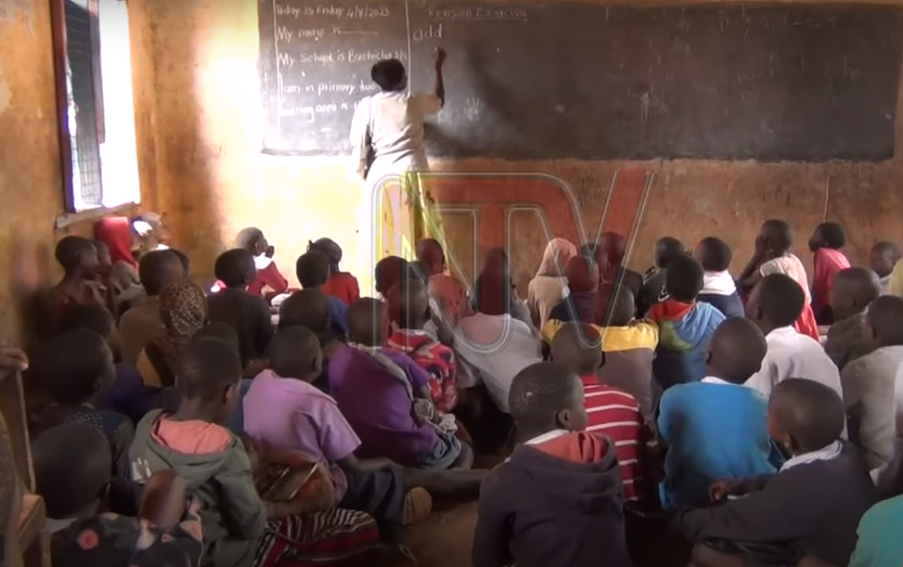Diaspora, prisoners to vote in 2026 polls

Female inmates at Luzira prison speak to Lwemiyaga County MP Ssekikubo Theodore during MPs’ visit to the facility in 2016. PHOTO | ERIC DOMINIC BUKENYA.
What you need to know:
- Mr Steven Kalali had in his law suit argued that the electoral body continuously excluding prisoners and Ugandans living abroad, from voter registration was illegal and a violation of their fundamental right to be registered and participate in their country’s general elections.
The Electoral Commission (EC) has consented to consider prisoners and Ugandans in diaspora to vote in 2026 and not the forthcoming elections that are five months away.
This was after it was agreed that it is practically impossible for EC to have the aforementioned affected groups vote in the 2021 polls since the voters’ register is already closed and that they are now dealing with nomination of candidates.
“By consent of counsel for both parties, it is hereby ordered that the applicant (EC) shall take all the necessary steps to ensure that all Ugandan citizens in prison and the diaspora register and vote in 2026 general elections,” the July 20 consent of the High Court reads in part.
It adds: “The applicant (EC) shall move the necessary officers to amendment of electoral laws to enable the said categories to participate in the next general elections of 2026.”
The consent was before Kampala High Court judge Esta Nambayo on Monday.
Further, the EC consented to putting in place structures to qualify the citizens in the diaspora and prisons to vote in 2026.
On June 18, High Court judge Lydia Mugambe ended the 25-year ban on the voting rights of prisoners and Ugandans in the diaspora by directing the EC to consider the categories to vote in the forthcoming polls.
The judge observed that the EC’s acts of depriving the cited groups infringed on their constitutional rights.
However, the EC legal team sought for a revision of the orders before the same court. They argued that considering these groups as ordered by Justice Mugambe to participate in the 2021 polls would imply reopening registration, update and display, which exercises have already been concluded.
“Reopening of the voter registration process will throw the electoral process into a fatal spin as the Constitution of Uganda and the laws made put the electoral process in a straitjacket time table which if interfered with would jeopardise the entire process already in its advanced stage,” Mr Eric Sabiiti, the EC lawyer, told court a fortnight ago.
“We do not want the applicant (EC) to be in contempt of court that is why we come to court. It is impossible to do anything in these remaining five months as currently EC is at the stage to prepare nominations,” he added
It is upon this background that the petitioner, Mr Steven Kalali, and the EC on Monday agreed that it wouldn’t be possible to have the aforementioned groups vote in 2021 but 2026.
The EC has to that effect also withdrawn the appeal they had filed before the Court of Appeal that was challenging Justice Mugambe’s verdict.
“The EC having filed an application seeking progressive realisation will not be appealing the decision of the court. Accordingly, the notice of appeal is hereby withdrawn,” reads in part the withdraw notice.
Mr Kalali had in his law suit argued that persons in Uganda above the age of 18 have a right to be registered as voters to vote pursuant to Article 59 (1) and 2 of the Constitution.
The law suit
Mr Steven Kalali had in his law suit argued that the electoral body continuously excluding prisoners and Ugandans living abroad, from voter registration was illegal and a violation of their fundamental right to be registered and participate in their country’s general elections.




